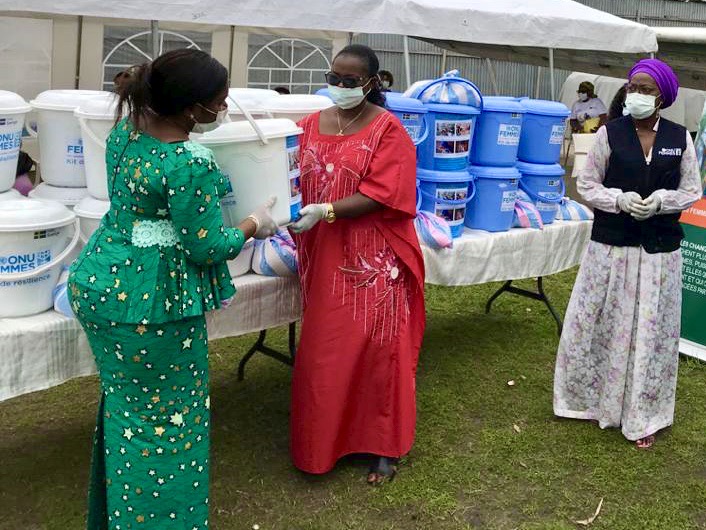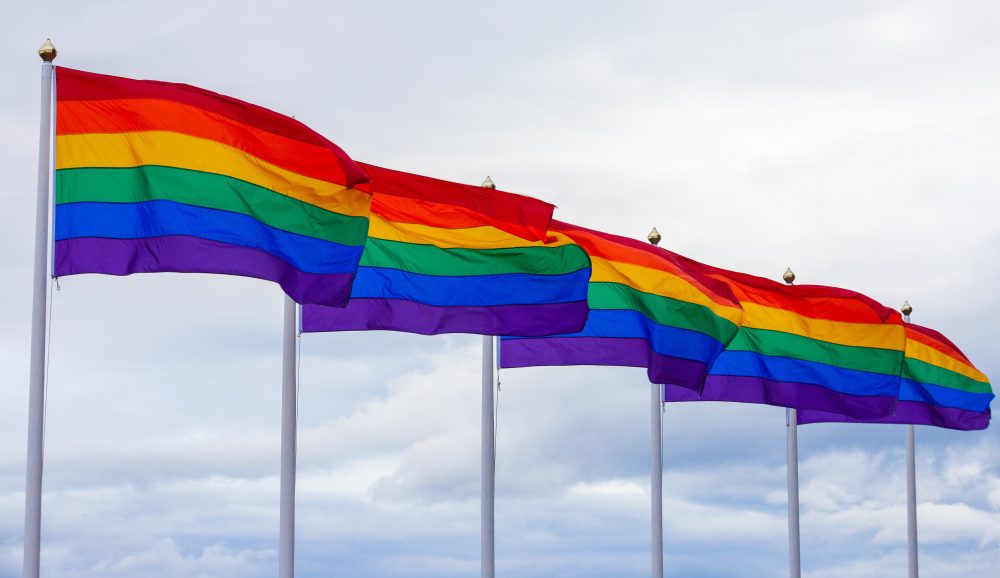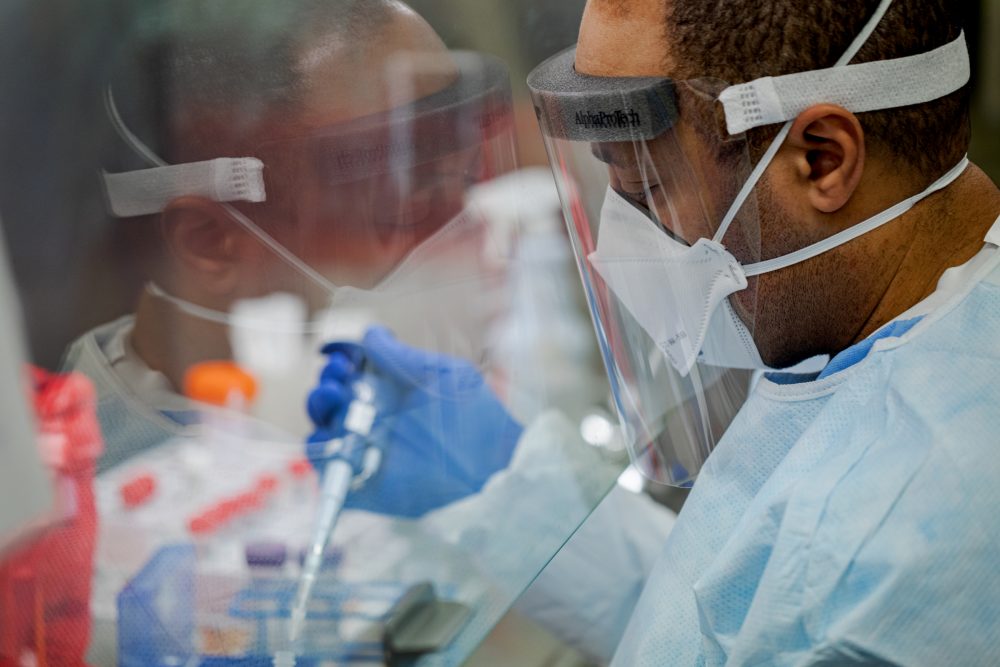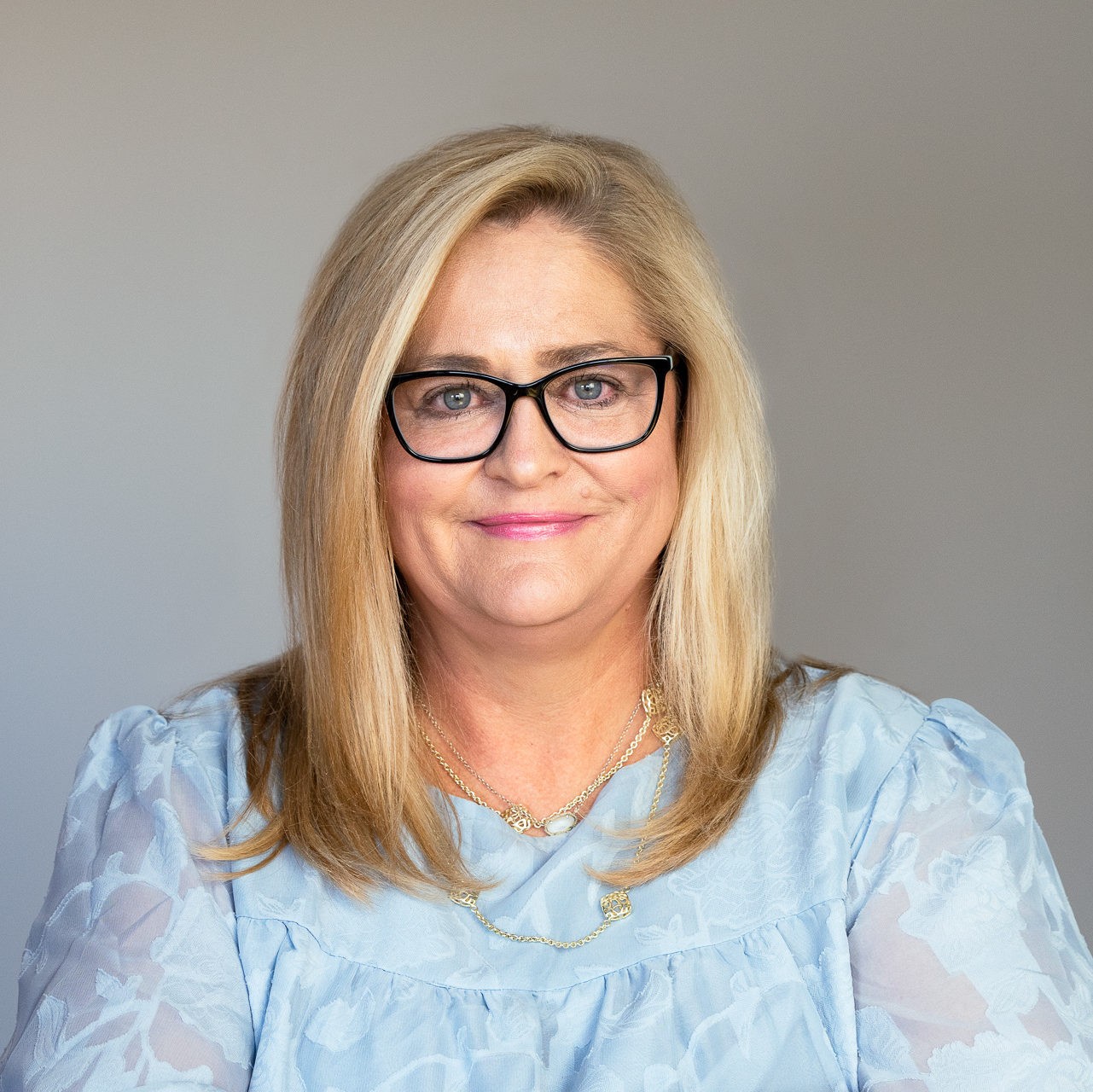Announcing Round Four of COVID-19 Grants
With this fourth round of grantmaking from the CDP COVID-19 Response Fund, we continue our emphasis on supporting national and international nongovernmental organizations (NGOs) working directly to respond to the pandemic among vulnerable populations in order to help build their capacity to address the most pressing needs. In this round we are providing grants to […]

With this fourth round of grantmaking from the CDP COVID-19 Response Fund, we continue our emphasis on supporting national and international nongovernmental organizations (NGOs) working directly to respond to the pandemic among vulnerable populations in order to help build their capacity to address the most pressing needs.
In this round we are providing grants to nine additional organizations for a total of $2,363,857:
- Action Aid/Feminist Humanitarian Network (FHN) – $500,000 to provide support to both ActionAid and the Feminist Humanitarian Network (FHN) in their response to the COVID-19 pandemic in several countries with critical identified need. ActionAid will focus on public health education and distribution of educational materials at the community level, as well as distribution of hygiene kits, food and cash for critical livelihood support – aligning with government plans, coordinating with local authorities, working with local partners and women-led organizations wherever possible. The FHN, which is fiscally sponsored by ActionAid, is supporting its local women’s rights organizations’ members through localized, women-led COVID-19 responses, including raising community awareness of prevention measures; taking action to prevent Gender Based Violence (GBV) and impunity; offering psychosocial support via helplines and counseling; providing their offices as quarantine stations; and taking action to mitigate false information online. Specifically, ActionAid will work in Liberia, Bangladesh, Colombia, Zimbabwe and Somaliland.
- BRAC – $250,000 to provide support to the governments of Liberia, Sierra Leone, Tanzania and Uganda in the prevention, prompt detection and effective response to the COVID-19 outbreak. Specifically, BRAC will provide a community-based response among its beneficiaries and the larger community.
- Catholic Relief Services (CRS) – $438,857 to work with local partner, Caritas Congo, on a five-month emergency project to mitigate health and economic impacts of COVID-19 in high-risk areas of the Democratic Republic of Congo (DRC).
- Child Care Aware (CCAoA) – $250,000 to rapidly support childcare providers in those areas of the U.S. in the most immediate need and to provide direct aid to those geographic areas entering phased recovery. Specifically, CCAoA will provide education, equipment and training, coupled with mapping and other preparations to support future hot spots across the country by offering subgrants for the purchase of supplies or enhanced services supports for childcare providers.
- Emergent Fund – $75,000 to its rapid response funding infrastructure to support the work of current and prospective grantees as they meet the needs of their communities related to COVID-19. Focus will be on organizations, led by people of color, that are mobilizing to respond to the impact of COVID-19 in vulnerable communities by utilizing their power-building strategies, including digital organizing, membership development and outreach, narrative development and direct action.
- Norwegian Refugee Council (NRC) – $250,000 to work to reduce the spread and impact of COVID-19 upon displaced families and children in Burkina Faso. NRC will rehabilitate or repair two existing water provision systems and will construct a borehole, 20 shared family latrines and 20 shower blocks in temporary sites where internally displaced people (IDPs) have settled. They will also provide construction training for the building of household latrines, provide hygiene promotion, including community awareness, training and provision of COVID-19 hygiene kits, as well as provide radio and distance-based learning support.
- Points of Light Foundation – $250,000 to provide subgrants to local affiliates to address immediate needs response and to support their global coordination efforts through the allforgood.org website, channeling volunteers to where they are needed most.
- Restaurant Workers Community Foundation – $100,000 to provide Restaurant Workers Community Foundation (RWCF) the funding to support workers in crisis and small business owners with the Restaurant Workers COVID-19 Emergency Relief Fund. RWCF will provide 50 percent of funding for direct financial assistance to individual restaurant workers who have lost their job or wages/hours due to the pandemic through their partnership with Southern Smoke. An additional 25 percent will fund nonprofit organizations that are serving restaurant workers in crisis. The remaining 25 percent will provide zero-interest loans for restaurants to get back up and running once they are allowed to open.
- World Central Kitchen (WCK) – $250,000 to expand their efforts to provide meals through two different phases or methods. First, by providing meals on a large scale for vulnerable populations in cities with greatest need. Focus is on feeding frontline healthcare workers, older adults, children and their families, as well as people who are suddenly in a situation where they no longer have a paycheck. Second, by integrating restaurants and meal delivery companies, WCK will also be supporting the food industries that are suffering. Meals cost a bit more this way, but they are providing meals, wages and income for the struggling industry.
We have now awarded grants totaling more than $7 million to 30 organizations to support the global response to this pandemic. And, we are already working with more nonprofit organizations on plans for a fifth round of grantmaking to respond to immediate needs and to begin to plan for recovery from the effects of the virus on communities all over the world.
As we see some communities flattening the curve and beginning to re-open their economies, we also know that other areas are just starting to experience the devastation this virus can cause. At CDP, as always, we plan to be here for the long haul, and we are now considering our strategy for supporting the medium- to long-term recovery process in communities, towns, cities, states and countries around the world. Thanks to the generosity of more than 3,300 donors to the CDP COVID-19 Response Fund, we continue to be stronger together…even as we’re still mostly staying apart.
More like this

For equitable recovery from COVID-19, we can’t leave LGBTQ+ people behind

